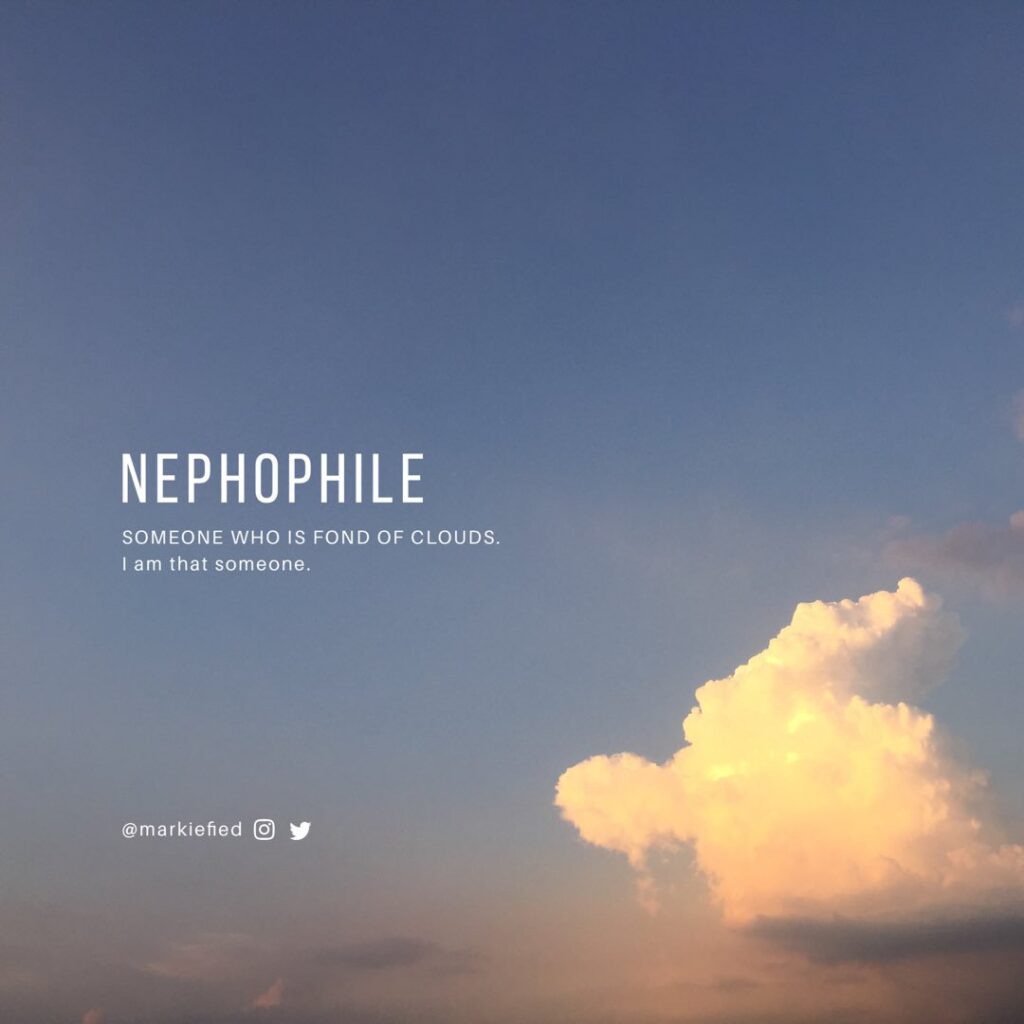The Thais and most Southeast Asians have a unique system of naming in which they will provide a specific name or personal name together with the surname or family name. Most Thais are usually given a nickname at birth and they are known by that name all through their lives, even at school and workplaces.
They are also employed in different governmental and legal concerns such as revenues, identification cards, credit (technically prohibited to have a credit card under the nickname, yet often utilized), professional licenses, which include physician, marriage and other legal demarcations, both civil and criminal.
Thai names are rich and complex; for those who relish the curiosity and peculiarity of names, they bear a majestic and historical meaning that intertwines history and culture of Thailand. While used solely as labels, they encapsulate legends, histories and aspirations as well, providing a rather interesting look at the cultural roots of the nation.
This article discusses the evolution of Thai names in terms of their culture, laws and some common Thai names with meanings.
Some Common Thai Names And Their Meanings
Here are some common Thai names and their meanings:
Male Names (given names)
- Anuchit: “invincible”
- Chat: “nation” or “country”
- Krit – “accomplishment” or “triumph”
- Nattawat: “advancement” or “growth.”
- Pattarapon can be translated as “abundance” or “achievement”.
- Tan could also be translated as “brave” or “courageous”.
- Thanapol: “abundance” or “prosperity.”
- Theerapat: “fortunate” or “blessed”
- Witthaya: “intelligence” or “understanding.”
Female Names (given names)
- Achara: “lovely” or “elegant”
- Apinya: “knowledge” or “acumen”
- Bongkot: “floral” or “blooming”
- Busaba: “a beautiful flower” or “a blooming blossom”
- Chalita: “elegance” or “poise”
- Chanikarn, a name derived from Thai, carries the meanings of both “sweet” and “lovely”.
- Jiraporn: “everlasting” or “immortal”
- Kanokwan: “lovely” or “elegant”
- Kanyarat: “elegant” or “charming”
Note: Thai names commonly have numerous meanings and variations, often incorporating influences from Buddhist, Hindu, and Chinese traditions.
In addition, it is quite common for Thai individuals to possess nicknames (referred to as “chue len”) that are shorter renditions of their original names. These aliases are typically employed in casual contexts.
Thai Surnames (both male and female)
- The name “Boonma means “good fortune” or “auspicious.”
- Chaichana is a feminine name, derived from the Arabic words meaning ‘victory’ or ‘triumph’.
- Jaturong:’status success’ or ‘opulence’
- Kaewmanee: “gem” or “jewel”
- Khunpongsathorn derives from two words: Khun, that is interpreted as ‘noble’ or ‘exalted’ and Pongsathorn, that describes a type of tree.
- Limtrakul: It can mean ‘beautiful’ or ‘graceful. ’
- Meecharoen: in Thai, this term can be translated as “prosperity” or “success”.
- Nopakun: this surname means “royal” or “noble”.
- Pimpa: means ‘beautiful’ or ‘graceful’
- Rattanawong: “gem” or “jewel”
- Sittichai : It refers to “victory” or the concept of triumph.
- Suwannaphum is the word for ‘golden land’ or ‘golden country’.
- Tanthanasiri: “auspicious” or “lucky.”
- The Thai name Thongkham can be literally translated as “gold” or “golden”.
- Voraphong is the Khmer word for ‘’prosperity’’, ‘’success’’.
Note: The Thai surnames have many meanings and variations; additionally, the Thai surnames may have references to Buddhism, Hinduism and Chinese influence.
Additionally, it is important to note that some Thai people may have Thai surnames but their ancestors may originally come from Chinese or other ethnic backgrounds.
Traditional Thai surnames were not used until the beginning of the twentieth century, while in the past it was not practiced at all. It was not until 1920 that the Thai people were made to adopt surnames and many chose to use the name of their occupation, their place of birth or family name.
Evolution Of Thai Names
Thai names have passed through various radical transformations in different periods to conform with the culture, social factors and politics.
1. Pre-Ayutthaya Period (before 1350)
The Thai people called their children by monosyllabic names, closely associated with nature, animals and spirits.
2. Ayutthaya Period (1350–1767)
The names also got longer, including Sanskrit, Pali, and Thai words in this art. Since nobles and royalties possessed higher ranks, their names generally had more extensive prefixes and suffixes.
3. Thonburi Period (1767–1782)
The practice of name simplification ensued and the use of nicknames known as Chue Len gained popularity too.
4. Rattanakosin Period (1782–1932)
There was no use of the surnames. Hence, people were mentioned by their first and second names, sometimes even nicknames and their place in society, such as occupation or origin.
5. Early 20th Century (1932–1945)
With time, names evolved and people started embracing surnames they derived from family backgrounds, occupations, or places of origin.
6. Post-WWII (1945–1970s)
The pattern of naming the Thais became somewhat unified and settled on a proper name, a family name and a nickname.
7. Modern Era (1980s–present)
Thai names are still changing today and one such reason is due to exposure to other cultures, media and technology. This is particularly evident in cases where some parents simply choose non-Thai-sounding names or take foreign names and translate them into Thai.
Thai names have been dynamic, taking on changes in the cultural, social and political aspects of the Thai kingdom, making them a worthy study in the cultural evolution of Thais.
Structure of Thai Names
Thai people generally have short names and even if they have two first names, they do not like to use them as often as we do. If there is a second first name, it is normally just another shortened name from the parents. For that reason, it is relatively simple to wake up a given Thai and ask him or her their full name.
Thai people might be given a nickname in addition to the official first name and the surname because the name can be quite lengthy, often as lengthy as Western names at the bare minimum.
One of the peculiar traits of commonly used Thai conversational phrases is a question, which instead of being phrased as “what is your name,” is phrased as “how many words are in your name?”
The structure of Thai names typically consists of:
- Given name: It refers to a name or nickname given to a person right from the time he or she is born and can be bestowed by the parents, close kin or other eligible individuals.
- Nickname: This can be a nickname—a name that people use in an informal setting, especially those who are close to you.
- Surname: A surname that has the origins of a family name that was taken in the early part of this century.
The typical order is:
First name + nickname + Last name
Example:
- Anuchit (first name) + Ton (nickname) + Boonma (family name)
- In formal situations, the full name is used: Anuchit Boonma
- In informal situations, the nickname is used: Ton
Some Thai people also receive an official name from monks or religious personalities, which is essentially used at religious events.
Note: It is common for Thai names to have different forms with different structures that depend on the area or the culture.
Culture Significance of Thai Names
In Thai culture, personal names are held in high esteem. Thai names are cultural relic which have history in Thai society and the evidence is shown by the history of Thailand.
It is not easy to notice the love and appreciation of Thai society for this aspect of their culture, even with the constant name-calling; one has to perform a thorough interrogation to reach the level of appreciation of the concept of name-calling to the society.
Based on the historical data available, it is quite clear that Thai personal names did undergo changes in the second half of the nineteenth century, which is quite earlier than the sixteenth century, as suggested by official documentation.
Thai people also bear unique names in a precise naming system to avoid confusion among the population. All Thai males and a majority of Thai females have two personal names: in addition to their family name, they may have a name given by their parents, usually in the form of a face name or a nickname called Noms Chao. Generation names are rare.
As in many other cultures, personal names are very important and hold significant cultural value for the Thai people. The names that they get are thought to be lucky since they depict what the parents wanted when the children were born and their lifetime aspirations or expected characteristics, traits, etc.
Decades ago, Thai parents had the liberty of selecting the names of their generations as they pleased; nevertheless, the liberal selection is shrinking.
Conclusion
Thai names are a reflection of Thailand’s historical evolution, its culture, and its people, making them interesting to study and observe. Therefore, through their names, Thais continue family traditions, preserve cultural concepts and live in the contemporary world as unique individuals who feel they belong to Thai society.
Thai naming processes illustrate dynamics in Thai society over time and they show that tradition and modernity are not mutually exclusive, as is the case in present-day Thailand. The names, the chosen exact words, which many cultures consider important due to their deeper meanings, are not just labels or tags, but small stories on their own.




